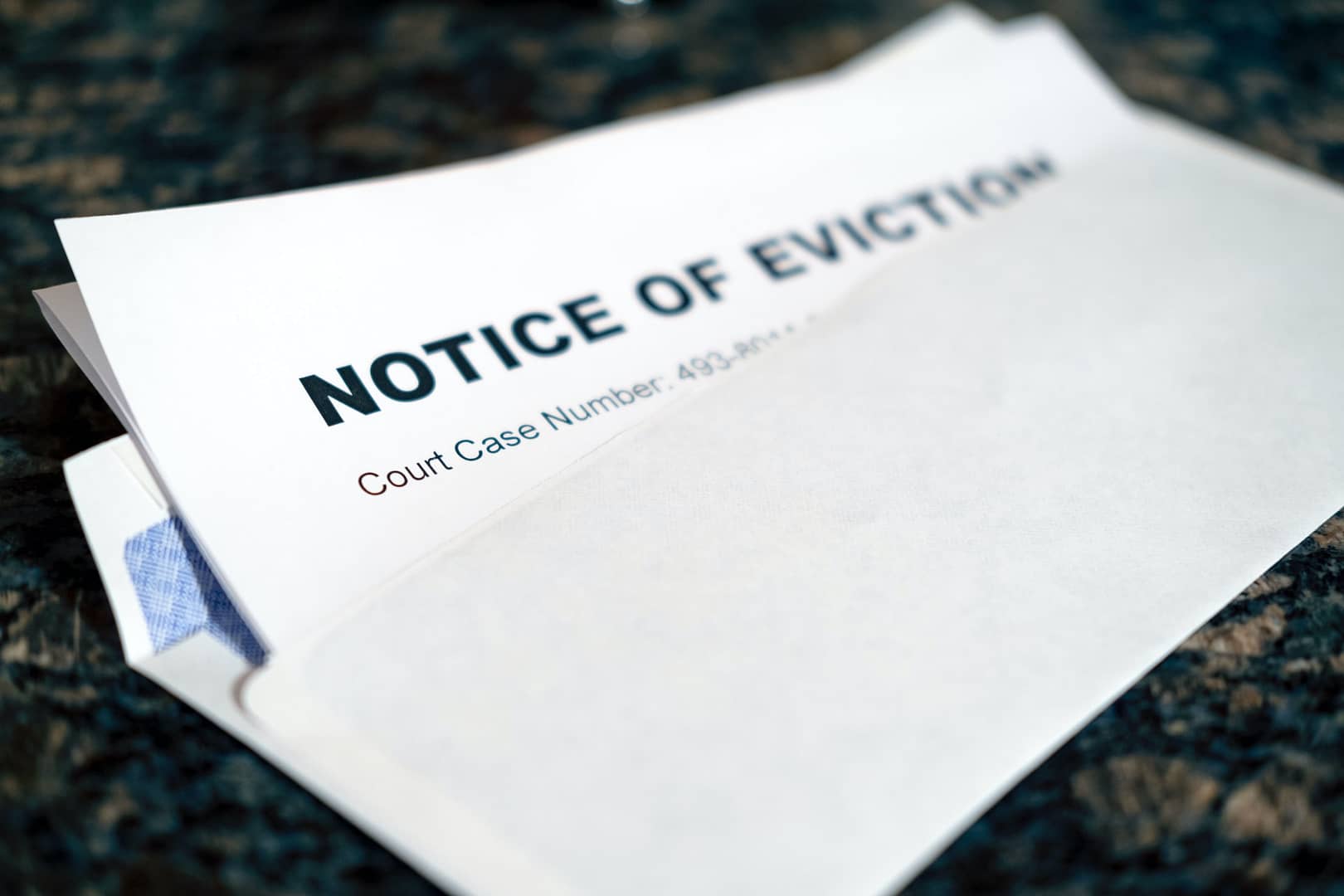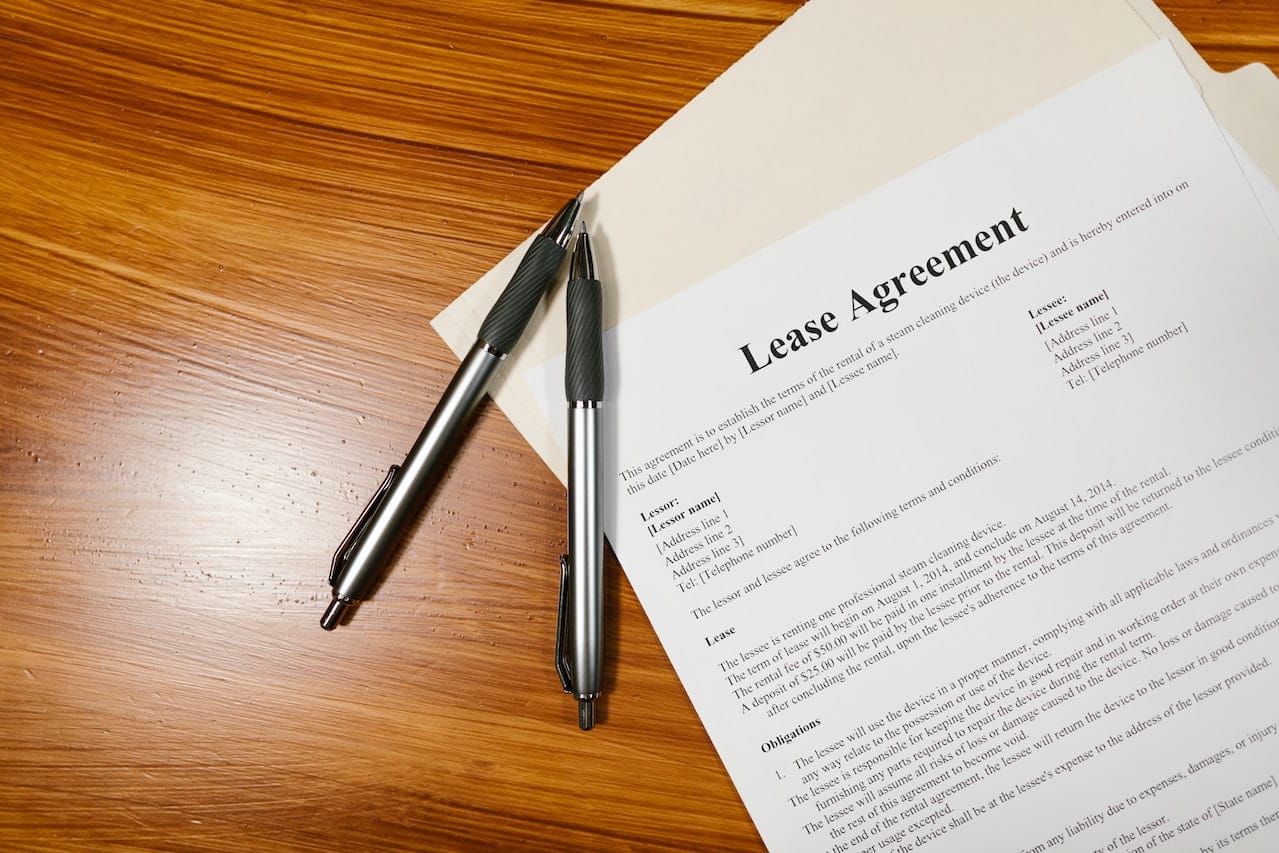As a tenant, it’s important to understand your rights and know what to do if they are violated. Every tenant is entitled to certain rights, including the right to a safe and habitable living space, the right to privacy, and the right to be free from discrimination. However, if these rights are violated, it can be difficult to know what steps to take to address the issue. In this article, we’ll discuss how to claim a tenant’s rights violation and whether or not a tenant can get compensation for damages.
What Should Every Tenant Be Entitled To?
When you rent a property, you should be entitled to certain basic rights. For example, your landlord is responsible for maintaining the property and ensuring that it is safe and habitable. This means that the property should be free from any hazards that could pose a threat to your health or safety, such as mold or lead paint.
Additionally, your landlord should respect your right to privacy. They cannot enter your home without your permission except in certain circumstances, such as in an emergency or to make necessary repairs.
Finally, landlords cannot discriminate against tenants based on certain protected characteristics, such as race, religion, gender, or disability. If you believe that your landlord has violated any of these rights, there are steps you can take to address the issue.
How to Claim a Tenant’s Rights Violation
If you believe that your landlord has violated your rights as a tenant, the first step is to document the issue. Take photos of any hazardous conditions, keep a record of any communications with your landlord, and document any instances of discrimination or privacy violations.
Once you have documented the issue, you should contact your landlord in writing to inform them of the violation. Be clear and concise in your communication, and provide any evidence you have to support your claim.
If your landlord does not address the issue, you may need to escalate the matter. Depending on the specific violation, you may need to file a complaint with your local housing authority or take legal action. Visit National Claims today to be put in touch with one of our claims specialists to help walk you through the claims process.
Can a Tenant Get Compensation?
If your landlord has violated your rights as a tenant, you may be entitled to compensation for any damages you have suffered as a result. For example, if you have been exposed to toxic mold due to your landlord’s negligence, you may be able to receive compensation for medical expenses, lost wages, and pain and suffering.
Additionally, you may be able to recover damages for any expenses you incurred as a result of the violation. For example, if you had to pay for a hotel room while your landlord made necessary repairs, you may be able to recover those costs.
To receive compensation, you will typically need to file a lawsuit against your landlord. You may also be able to negotiate a settlement outside of court, depending on the specific circumstances of your case.
Do Long Term Tenants Have Any Rights?
Yes, long-term tenants in the UK have certain rights and protections under the law. The exact rights and protections may vary depending on the specific circumstances, such as the type of tenancy agreement and the length of time the tenant has been living in the property.
One of the main rights for long-term tenants in the UK is protection against eviction. In England and Wales, for example, tenants who have an assured shorthold tenancy agreement are generally protected from eviction for the first six months of their tenancy. After this initial period, landlords can only evict tenants if they have a valid reason, such as non-payment of rent or breach of the tenancy agreement. Additionally, long-term tenants may have the right to renew their tenancy agreement at the end of the term.
Long-term tenants in the UK also have the right to live in a safe and habitable property. This means that landlords are responsible for ensuring that the property meets certain standards, such as having a working heating system, adequate ventilation, and safe electrical wiring. If a tenant believes that their property is not safe or habitable, they can report the issue to their landlord or the local council.
Finally, long-term tenants in the UK have the right to a reasonable level of privacy and quiet enjoyment of the property. This means that landlords cannot enter the property without the tenant’s permission, except in certain circumstances such as an emergency or to carry out necessary repairs.

Conclusion
In conclusion, as a tenant, it’s important to know your rights and understand how to claim a violation of those rights. If you believe that your landlord has violated your rights, be sure to document the issue and communicate clearly with your landlord. If the issue is not resolved, you may need to escalate the matter by filing a complaint or taking legal action.
Remember, long-term tenants have the same rights as any other tenant, and it’s important to review your lease agreement to understand your specific rights and protections. By taking action, you can help ensure that your rights and the rights of other tenants are respected and protected.
Contact us now at National Claims to get a start on your housing disrepair claim.
Click below to see why we are one of the most trusted claims management companies in the UK.





